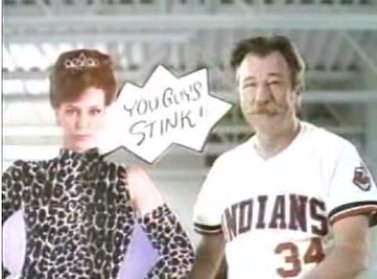As to the other sports where there are plenty of dynasty or teams that dominate, the Patriots, the Red Wings, Lakers, Spurs. Just saying....[/quote]so 3 teams, out of those 10, hold over half of the victories.
I can't speak very well towards the NHL or the NBA because I just don't follow them. So let's look at the NFL and MLB to compare. In MLB, the market size has a direct correlation on how many games the teams win. In the NFL it's not the same way. The last 5 Superbowl winners have been New England, Pittsburgh, Indianapolis, New York and Tampa Bay (last five teams, not last 5 games). These are hardly the high market powerhouses. In fact, the NFL is best known for runs such as the Cowboys in the 1990s and New England in the early 2000s. They are this way because they set up for big players and the cap means that they must take money from somewhere. These other "somewhere" positions get vacated through free agency as the players on the championship teams get picked up on other teams. So while a team can ride a player or two for a while it's very likely that the "best" teams will be going down in power after a championship win.
In fact, in the NFL, each year fully half of the previous year's playoff teams do not make the post season. It's usually 6-8 of the previous 12 teams that do NOT make it. In baseball, there are 6 teams who have not made the playoffs in 10+ years - 2 have not been in the playoffs for over 20 years. In the NFL the longest dry spell belongs to both the Bills and Lions at 9 seasons each.
Why is this? Revenue sharing and the salary caps have made it a much more competitive league and have brought parity to the system. Every year there's that dark horse who does well despite the odds. Last year it was Atlantic and Miami. The year before it was New Orleans.
The NFL does it right but is in danger of screwing it all up.[/QUOTE]
You're completely wrong about the teams that haven't been in the playoffs for 10+ years. They just don't have the proper motivation:






